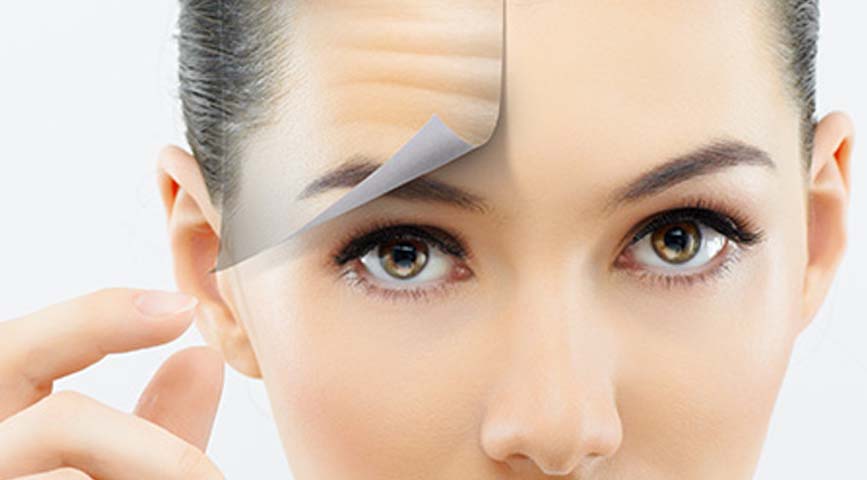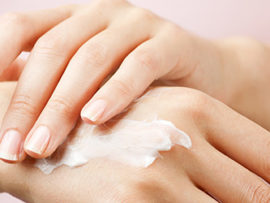Eczema is a general term that encompasses a wide range of skin inflammation or dermatitis. It is a particular type of inflammatory reaction of the skin that may result in redness, swelling, cracking and crusting of the skin, with severe itching. Unlike eczema on any other part of the body, eczema on the face can be seen clearly and sufferers may feel self-conscious about it. Dermatologists acknowledge that though the condition is inherited, there are things that trigger it. To prevent outbreaks of eczema, you should avoid pollen, mould, dust, dry air or dry skin, harsh soaps and detergents; fabrics like wool and perfume; cigarette and tobacco smoke; extreme heat and certain foods like tomatoes.
There are several different types of facial eczema:
Atopic Eczema/ Dermatitis
This is the most common type, both in adults and children. “Atopic” refers to diseases that are hereditary. The exact cause of atopic eczema isn’t clearly understood, but both genetic factors and the influence of the environment are said to play a role.
Seborrhoeic Eczema/Dermatitis
This is another common type of facial eczema. The result of excess sebum, it causes dandruff and other oily parts of the face such as the sides of the nose to be affected.
Irritant Contact Eczema/Dermatitis
As the name suggests, this type is one where the skin reacts in contact with an irritant. This is a common type of eczema and not limited to those with sensitive skin.
Allergic Contact Eczema/Dermatitis
This type of eczema occurs in people whose immune system reacts to a specific item in the environment, producing a specific allergic reaction. The item can range from cosmetics and hair dyes to nail vanish and metal (not silver or gold) jewellery.
Light Sensitive Eczema/Dermatitis
This type of eczema affects people vulnerable to the effects of sunlight. Sunlight can also make atopic eczema worse while in others it can help improve the eczema.
As there are so many types of eczema, it is best to consult a pharmacist or dermatologist for personalised advice.







